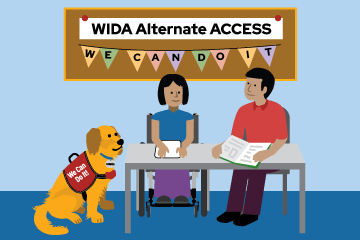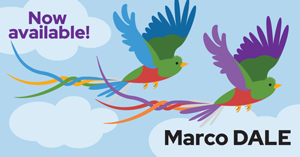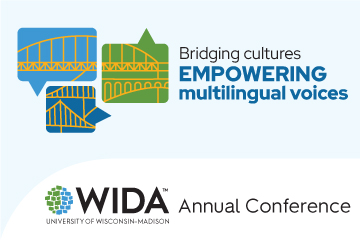Resources/Recursos
Featured Resources
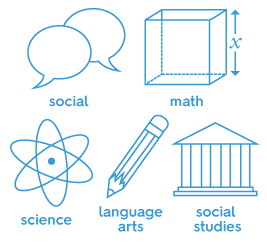

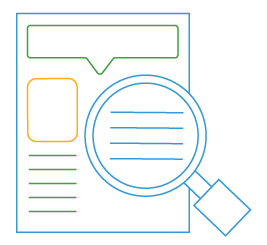
All resources/Todos los recursos
Action Research: A catalyst for comprehensive teaching and learning in multilingual contexts
This WIDA Snapshot introduces classroom action research – when researchers and educators work together to address classroom challenges – by encouraging teachers to use their researcher voices to make meaningful contributions to the field, whether through collaborative or independent approaches.
Resource DetailsEngaging with Families of Young Multilingual Children
This WIDA Snapshot is grounded in WIDA’s ABCs of Family Engagement and can be used to initiate reflection and conversation on local efforts to engage with families of multilingual children.
Resource DetailsGathering and Reflecting on Families’ Language and Cultural Goals
This WIDA Snapshot focuses on how you can gather information and reflect on the language and cultural goals families have for their children.
Resource DetailsMultilingual Children and Their Families
This WIDA Snapshot provides an overview of who multilingual children are, the benefits of promoting home language(s), and initial ideas for developing reciprocal partnerships with multilingual families.
Resource DetailsPlanning for Languaging and Learning
In early care and education (ECE) settings, planning for multilingual children includes fostering the many ways we use language to make meaning of our environments, experiences, and learning. This WIDA Snapshot includes ideas for gathering information from families, community members, and classroom observations to use while planning.
Resource DetailsWIDA Proficiency Level Descriptors: Informing Expectations and Scaffolding
This snapshot will give K-12 educators ideas on how to apply the Proficiency Level Descriptors as they consider scaffolding practices that support multilingual students in meeting grade level content learning goals.
Resource Details
